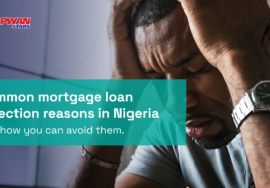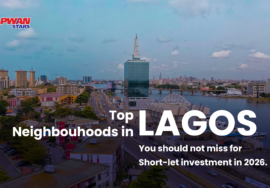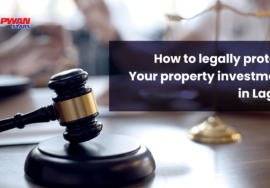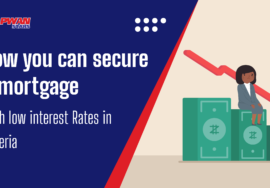
The New Face of Property Ownership in Nigeria: How You Can Own Your Dream Property in 24 Months as a Gen-Z
Table of Contents
Property ownership in Nigeria is undergoing a major transformation. The traditional path saving for decades, buying land, and slowly building a home at retirement is being disrupted by a new generation. This generation has more access to funds and understands the power of early investment. Across Lagos, Abuja, and other major cities, young professionals in their 20s are becoming homeowners through strategic planning and financial innovation. For example, a 26-year-old software engineer, Chinedu (not his real name), purchased his first apartment in Ogba in late 2024.
When I asked how he managed to achieve that when some of us in our late 30s and early 40s are still struggling to buy a land, he revealed that he managed to raise the fund through a combination of incomes he made from freelancing, taking a cooperative loan and a Leveraging on a strategic mortgage plan he discovered. I was pleasantly impressed by his tact, but then again, I know his story simply reflects a growing trend of how Gen-Z Nigerians are rewriting the property playbook by leveraging digital opportunities, creative financing, and long-term vision.
I have therefore put this together as a guide to provide a comprehensive roadmap for young Nigerians to achieve homeownership even before hitting the age of 30, while navigating common pitfalls.
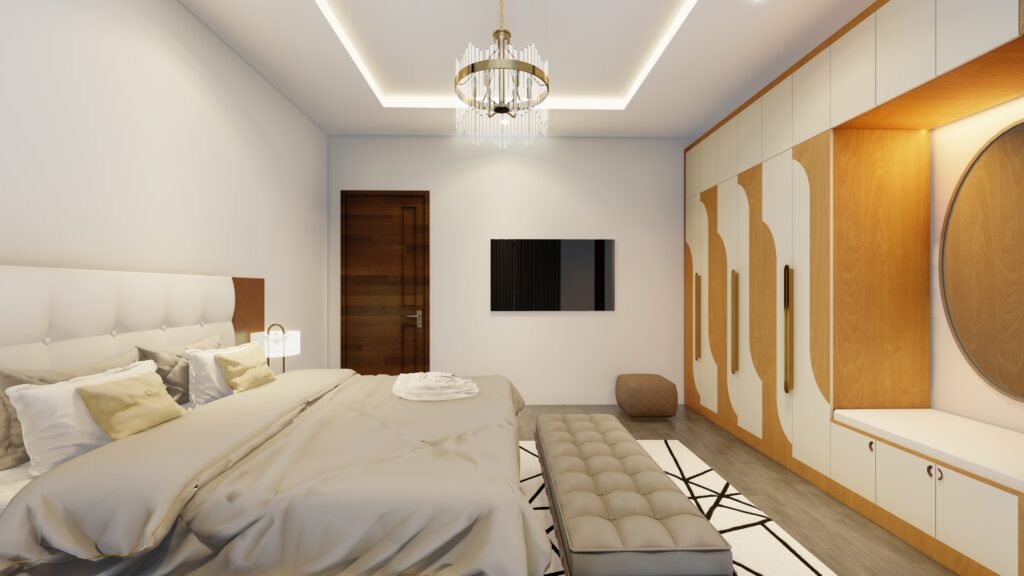
Why Early Property Ownership Matters
The High Cost of Renting
For all the seeming advantages it comes with, including lower cost, immediate access, and flexibility in changing locations, renting may seem convenient in the short run, but it represents a significant financial drain in the long run. The average young professional in Lagos spends between 30% and 50% of their income on rent, money that disappears forever.
Over five years, ₦150,000 monthly rent translates to ₦9 million with no return on investment. In contrast, directing those funds toward a mortgage or land purchase builds equity and long-term wealth. That is aside from the fact that increase in house rents can be quite arbitrary in places like Lagos where the landlord can just wake up and increase rent. Hence, it’s always better to invest in properties that would be yours for as long as you want.
Inflation and Rising Property Prices
Another reason why Gen-Z are being smart by investing early in properties is the challenge of rising inflation and its impact on property prices. Nigeria’s real estate market has historically appreciated at 15-20% annually, meaning property values double every five to seven years. A home worth ₦20 million today could cost ₦40 million by 2030. Delaying purchase only makes ownership more difficult, while acting early locks in lower prices and benefits from appreciation.
Gen-Z’s Unique Advantages
Unlike previous generations, today’s youth have access to digital income streams (remote work, freelancing, e-commerce), cooperative savings platforms (ajo, esusu), and flexible mortgage options. These tools make early homeownership not just possible, but a smart financial move.
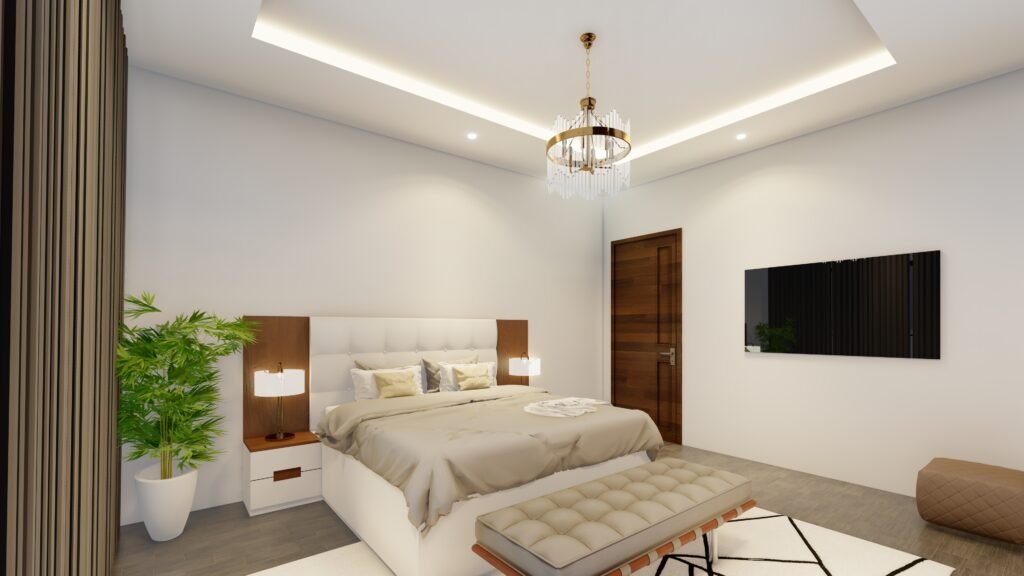
A Step-by-Step Plan to Acquiring Your First Property
Phase 1: Building Capital (Months 1-12)
The first step is accumulating savings for a down payment or land purchase. They are as follows:
Track and Reduce Expenses: You need to know your regular expenses to determine what you should cut out ans ehat tou should leave. Use budgeting apps like PiggyVest or Cowrywise to identify unnecessary spending. Cutting as lows as ₦50,000 weekly on leisure activities can save up to ₦2.4 million annually. That’s a lot of money in the grand scheme of things.
Increase Income Streams: While cutting down expenses, endeavor to increase your income side by side. Supplement your salary with freelance work, digital skills, or side hustles.
Save Strategically: Open a high-yield savings account or dollar-denominated account to protect against naira devaluation.
Phase 2: Choosing the Right Property (Months 6-18)
Not all properties are equal; some offer better long-term value than others. Here are the things to consider when choosing property locations:
Affordability: Consider emerging areas like Epe (Lagos), Kubwa (Abuja), or Ibadan outskirts, where prices are lower but growth potential is high.
Land vs. Built Property: Land is cheaper and appreciates faster, but requires patience. Built properties offer immediate use but costs more.
Rent-to-Own Schemes: Some developers offer flexible payment plans, allowing you to move in while paying toward ownership.
Phase 3: Securing Financing (Months 12-24)
Few Nigerians can buy property outright, but financing options exist. Like the example I shared at the start of this article, here are financing options:
Mortgages: First-time buyer programs (e.g., Federal Mortgage Bank) offer rates as low as 7% interest rate.
Cooperative Savings: Digital platforms like Risevest or traditional ajo groups can pool funds for land purchase.
Family Support: Propose an investment arrangement where family members contribute in exchange for equity or fixed returns.
Phase 4: Due Diligence and Purchase (Months 18-24)
Before finalizing any deal, ensure legal and structural safeguards in the following ways:
Verify Land Titles: Confirm documentation at state land bureaus to avoid scams.
Hire Professionals: Engage a surveyor and a lawyer to review contracts.
Avoid Emotional Decisions: Prioritize affordability and growth potential over aesthetics.
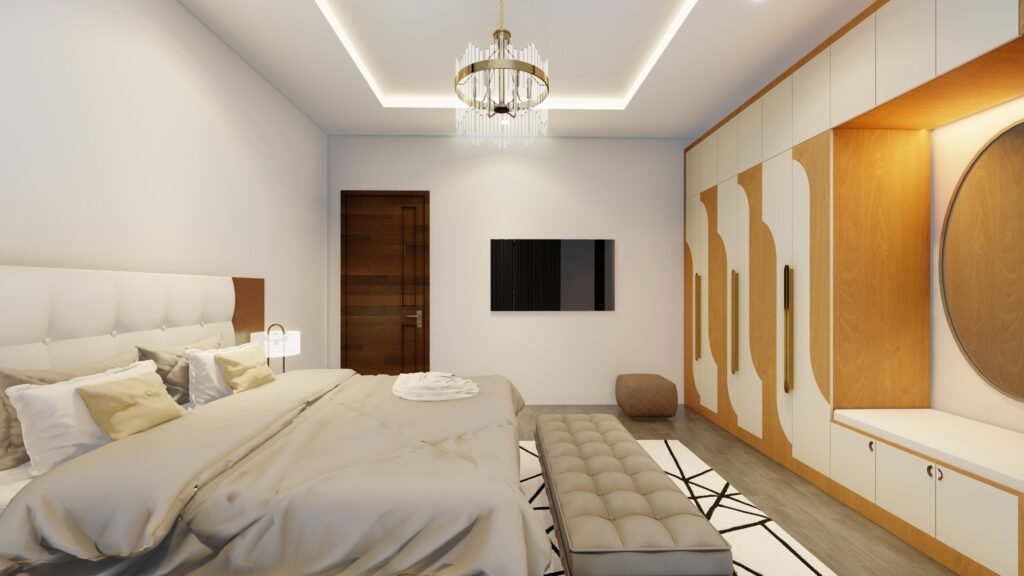
Common Pitfalls for Gen-Z Property Investments and How to Avoid Them
1. Emotional Purchases
Many young buyers prioritize prestige over practicality, opting for high-end neighborhoods instead of high-growth areas. For many of them, it’s about the prestige of saying “I live in so so and so neighborhood”. To avoid this, run return-on-investment (ROI) calculations to know which area is better for investing. Most times, emerging areas offer better appreciation.
2. Incomplete Documentation
Land disputes are common in Nigeria. Red flags include missing Certificates of Occupancy (C of O) or vague ownership history. To avoid this, it is advisable to budget soke funds (around ₦300,000–₦500,000) for legal verification.
3. Overextending Finances
Another pitfall often comes in the form of taking on a mortgage that consumes more than 30% of one’s income. Doing this risks financial strain. The solution to this is to stick to a conservative budget say about ₦150,000 monthly payments if your salary is ₦500,000+. If nor, it may be wiser to book for alternatives that fit your income.
4. Construction Scams to Avoid
As a young person desirous of investing in your own apartment, it is important that you open your eyes not to fall for scams. Unlicensed contractors may demand excessive upfront payments and deliver subpar work. In order to forestall such, use escrow services and tie payments to construction milestones
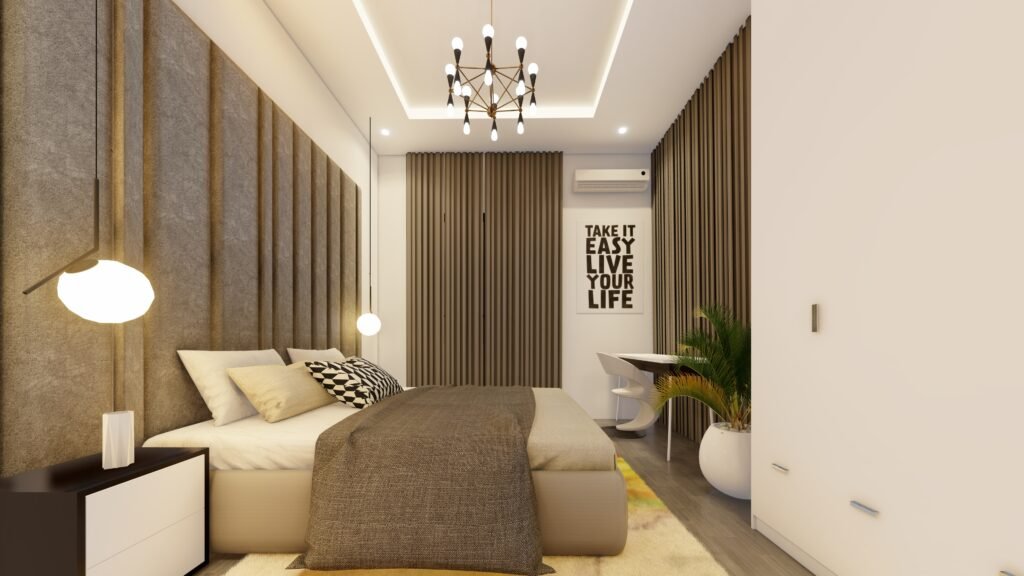
Advanced Strategies for Accelerated Wealth Building in Nigeria
Building wealth quickly requires a combination of smart investments, strategic planning, and leveraging available opportunities. In Nigeria, where economic conditions can be volatile, adopting advanced wealth-building strategies can provide financial security and long-term prosperity. Below are some proven methods to accelerate wealth accumulation.
House Hacking
House hacking involves purchasing a multi-unit property, living in one unit, and renting out the others to offset mortgage costs. For example, a ₦200,000 monthly mortgage on a duplex in Lagos could be partially covered by renting out the second unit for ₦120,000, significantly reducing living expenses. Over time, the property appreciates while generating passive income. According to a 2023 report by PropertyPro, rental yields in Lagos average 6-8%, making this a viable strategy for young investors.
Short-Term Rental Arbitrage
With Nigeria’s growing tourism sector, short-term rental arbitrage presents a lucrative opportunity. This involves leasing a property long-term, furnishing it, and listing it on platforms like Airbnb or Booking.com at higher rates. For instance, a 3-bedroom apartment leased for ₦500,000 annually in Abuja can generate ₦80,000 per week as a short-term rental, yielding over ₦4 million annually, a 700% ROI. Data from AirDNA shows that Lagos and Abuja have occupancy rates above 65%, making this a high-demand venture.
Leveraging High-Yield Investments
Investing in high-return assets like treasury bills, stocks, or mutual funds can accelerate wealth. It is reported that Nigeria’s stock market (NGX) delivered a 45% return in 2023, outperforming inflation. Additionally, fixed-income instruments like FGN bonds offer between 12 and 15% annual returns, providing steady cash flow.
Scaling a Side Business
Starting a side hustle such as e-commerce, freelance services, or agribusiness can generate multiple income streams. Jumia’s 2023 report revealed that Nigerian e-commerce grew by 32%, with many entrepreneurs earning over ₦500,000 monthly from online stores.
Real Estate Crowdfunding
For those without large capital, real estate crowdfunding platforms like Estate Intel allow pooled investments in high-value properties. Investors can earn 15-25% annual returns from luxury developments in Lagos and Port Harcourt.
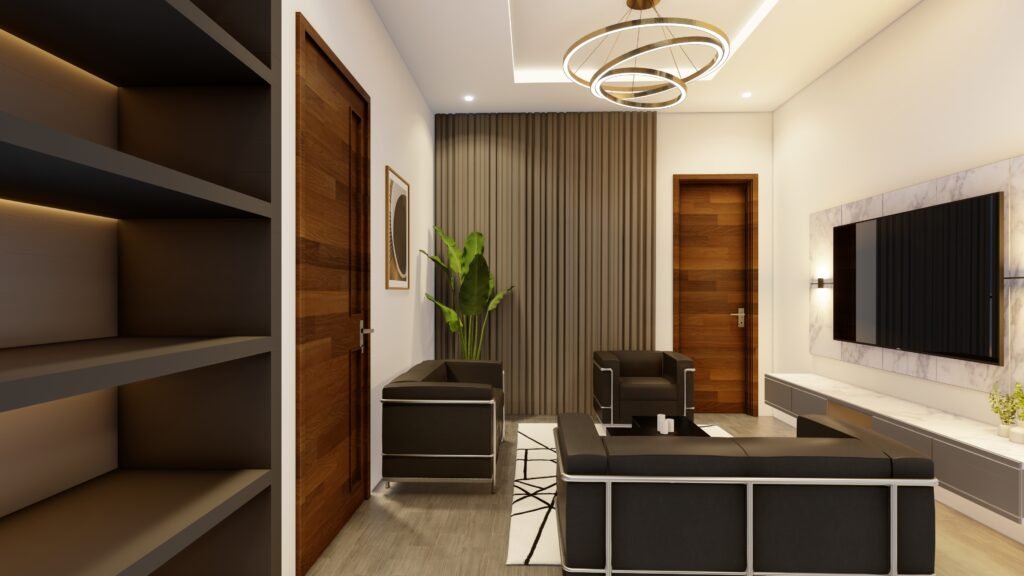
How Gen-Z can achieve home ownership through the PWAN Stars Smart Pay Scheme
For many young Nigerians, especially Gen-Z, owning a home might feel like a distant dream. With the rising cost of living, inflation, and rent prices climbing every year, saving up enough money as stated earlier to buy a house can seem impossible. But what if there was a way to make it happen without breaking the bank all at once?
Enters PWAN Stars’ Smart Pay Scheme, a flexible home financing plan that makes home ownership achievable for everyday Nigerians, especially the youth.
The Smart Pay Scheme, powered by the MOFI Real Estate Investment Fund (MREIF), is designed to provide access to mortgage financing for both salaried workers and entrepreneurs. Whether you are in tech, running your own business, or just getting started in your career, this scheme offers a real shot at becoming a homeowner.
How it works
If you are between 21 and 60 years old, a Nigerian citizen, and can make an initial deposit, you are already halfway there. The scheme offers up to ₦100 million in funding with a repayment period of up to 20 years. That means you don’t need to pay millions upfront; you can spread your payments across two decades with a 12% annual interest rate, which is quite fair in today’s economy.
And yes, the process is straightforward:
1. Show interest in a property by reaching out to PWAN Stars or a registered realtor.
2. Fill out a subscription form and make your equity contribution (initial deposit).
3. Apply for a mortgage through a partner bank.
4. Submit necessary documents like ID, payslips, utility bill, etc.
5. Once approved, the mortgage funds are disbursed, and you get your home allocation.
Even better? You don’t have to be in paid employment to qualify. Business owners and freelancers are also welcome as long as you meet the financial requirements. And if you are worried about high monthly repayments, here’s the good news: depending on your equity deposit, your monthly payments could be less than ₦500,000.
For example, with a 2-bedroom unit priced at ₦53 million, if you put down ₦10.6 million, your monthly payment comes to about ₦467,000 over 20 years. Increase your deposit, and the monthly burden drops even further.
The partner mortgage bank plays a vital role, checking your eligibility, guiding you through the process, and ensuring your application stands a strong chance of success. While not all applications are approved, the process includes detailed checks to reduce the chance of rejection.
Once your mortgage is approved and the funds are released, you get your house allocation. Simple as that. Just one home is allowed per applicant under the scheme, but that’s enough to get you started on your property journey.
So, for Gen-Z Nigerians dreaming of a place to call their own, PWAN Stars’ Smart Pay Scheme is more than a dream, it’s a real, practical pathway to home ownership. It’s flexible, accessible, and designed with you in mind.
The future is now: own it.
Previous Post
THE FUTURE OF REAL ESTATE IN LAGOS: TRENDS TO WATCH IN 2025

